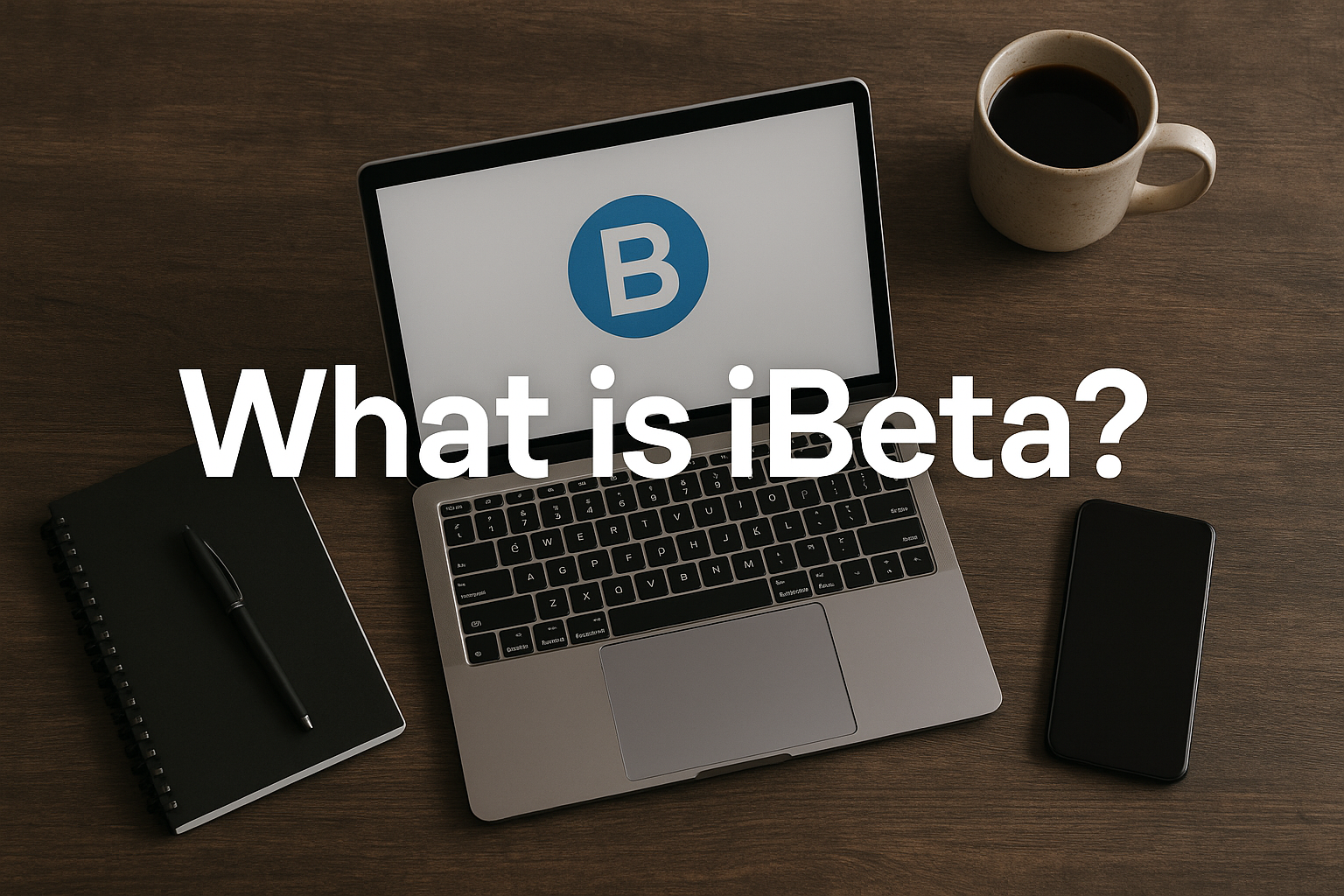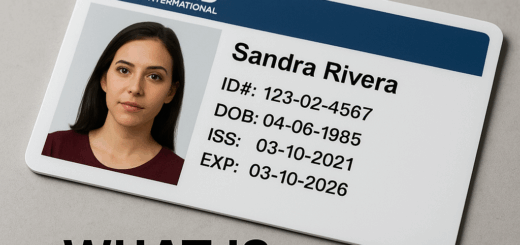What Is iBeta? A Comprehensive Overview
In today’s security-conscious world, biometric systems—leveraging fingerprints, facial recognition, and voice—demand rigorous testing to ensure they resist spoofing and fraud. This is where iBeta comes in. But what is iBeta, exactly? This article delves deep into its identity, certifications, testing methods, services, and importance in digital trust.

1. Defining iBeta
1.1 As a Software QA Company
iBeta Quality Assurance is a full-service software QA (Quality Assurance) and testing firm, founded in 1999 and headquartered in Colorado (near Denver/Aurora). It offers on-demand QA services across platforms—from web and mobile to IoT devices and APIs—including accessibility, performance, usability, and automated testing.
1.2 As a Biometric Testing Lab
Additionally, iBeta is globally recognized as a leading biometrics test laboratory, uniquely accredited to conduct independent Presentation Attack Detection (PAD) testing and related biometric evaluations.
2. Biometric Certifications & Accreditations
iBeta holds a confluence of high-profile certifications:
- NIST NVLAP accreditation ensures laboratory competence under international standards.
- FIDO Alliance accreditation empowers iBeta to conduct biometric evaluations under FIDO’s Biometric Component Certification Program.
- Recognized by Android as an Android Security Partner for Android Biometric Certification.
- Accredited by Mastercard for biometric testing on mobile and wearable devices.
3. Understanding PAD: Presentation Attack Detection
PAD, or Presentation Attack Detection, commonly referred to as liveness detection, is a core biometric security measure. It ensures systems can differentiate between live biometric inputs and spoof attempts—like masks, fingerprint molds, or deepfake media.
3.1 Importance of PAD Testing
- Guards against identity fraud and unauthorized access
- Strengthens trust in authentication technologies
- Essential across sectors like finance, healthcare, and government
4. iBeta PAD Testing Levels: Level 1 vs Level 2
iBeta employs structured testing tiers that increase in complexity:
| Level | Attack Sophistication | Budget & Materials | Timeframe | Allowed Penetration |
|---|---|---|---|---|
| Level 1 | Basic spoofs (printed images, masks) | Materials ≤ USD 30, everyday items | 150 attacks + 50 genuines in 8 hours | 0 % penetration allowed |
| Level 2 | Advanced spoofs (3D-printed masks, latex) | Materials ≤ USD 300, specialized tools & skills | At least 48 hours, 6 subjects | Higher resilience demanded |
These levels align with ISO/IEC 30107-3 standards, helping organizations validate PAD robustness.

5. Testing Methodology & Technical Rigor
5.1 Attack Simulation & Metrics
- iBeta crafts spoof artifacts using volunteer biometric data.
- It tests for key metrics: FAR (False Accept Rate), FRR (False Reject Rate), and SFAR (Spoof False Accept Rate).
5.2 Advanced Liveness Detection Techniques
- Optical/capacitive imaging examines skin texture and moisture
- Multi-spectral or infrared imaging reveals sub-surface patterns
- Pulse, temperature, and conductivity detection confirms liveliness
- AI-driven analysis assesses textural and dynamic cues
Through these checks, iBeta ensures biometric systems deliver both accuracy and anti-spoof resilience.
6. Why Organizations Choose iBeta
Advantages of iBeta Certification:
- Global credibility via NIST/NVLAP, ISO, and FIDO standards
- Testing in real-world environments and attack scenarios
- Impartial, third-party validation ensures unbiased results
- Cross-industry relevance, including finance, healthcare, government, and mobile applications
- Regulatory alignment with GDPR, CCPA, and data privacy laws
- Ongoing testing and recertification, keeping systems resilient to evolving threats
7. Broader QA & Software Testing Services
Beyond biometrics, iBeta offers a comprehensive portfolio of QA services:
- Accessibility Testing: Ensures applications are usable for people with disabilities, aligning with WCAG and legal standards
- Web, Mobile & API Testing: Functionality, compatibility, performance across platforms
- IoT & Embedded Testing, EPCS Certification (Drug Enforcement Administration: electronic prescribing)
- Load & Performance Testing, Automated Testing, Game Testing, etc.—all with a transparent, flexible, no-minimum contract model
8. Real-World Impact: iBeta in Action
Recent examples showcase the value of iBeta’s testing:
- Integrated Biometrics’ “Columbo” scanner achieved Level 1 compliance, with 0% spoof acceptance and optimal false reject metrics
- Multiple biometric providers, including Sumsub, SAFR, Spoofsense, and Cake Digital Bank, successfully passed Level 2 PAD compliance
- iBeta also expanded services to test for demographic bias, enhancing fairness in biometric systems
9. Related Topics and Themes
- iBeta Quality Assurance, biometric testing lab
- Presentation Attack Detection (PAD), liveness detection testing
- Level 1 vs Level 2 PAD testing, ISO/IEC 30107-3 standard
- FAR, FRR, SFAR, biometric spoofing
- NIST NVLAP accreditation, FIDO Alliance, Android Security Partner
- Accessibility testing, software QA services, EPCS certification
FAQs
iBeta is an independent testing lab that specializes in evaluating biometric systems for accuracy, security, and compliance.
iBeta provides industry-standard testing and certification that ensures biometric solutions meet global security and performance requirements.
iBeta is primarily a third-party testing lab, but it also certifies biometric systems under international standards like ISO/IEC 30107.
iBeta validates biometric authentication systems against spoofing attacks, ensuring strong security and reliability.


